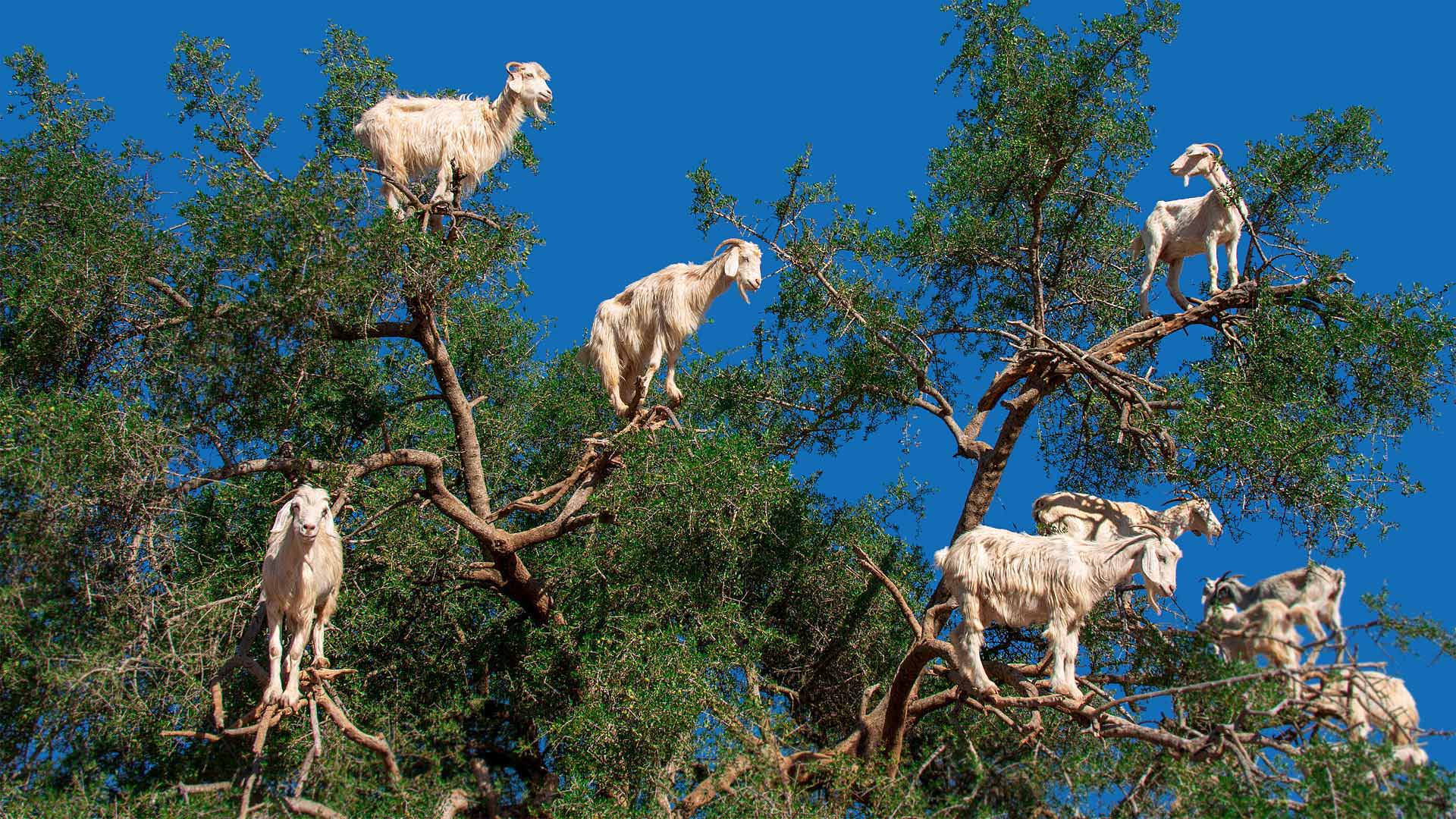Bees are often seen as pesky insects that invade our homes and sting us when we least expect it. However, these tiny creatures play a vital role in our ecosystem and are crucial for the survival of many plants and animals. Recently, there has been a lot of buzz about bees, and for good reason. It’s time for us to recognize and appreciate the important work that bees do and the impact they have on our environment.
Bees are one of the most important pollinators in the world. They are responsible for pollinating a large number of plants, including many of the fruits and vegetables that we rely on for food. Without bees, many of these plants would not be able to produce the fruits and seeds that are essential for the survival of other animals, as well as for the continuation of the plant species themselves.
In addition to pollination, bees also play a crucial role in maintaining the balance of our ecosystem. By pollinating plants, bees help in the production of oxygen and the absorption of carbon dioxide, which is essential for the health of our planet. Bees also contribute to the biodiversity of our environment by helping plants to reproduce and provide habitat and food for other animals.
Despite their importance, bees are under threat. The use of pesticides, habitat loss, and climate change have all contributed to the decline of bee populations around the world. This decline has serious implications for the health of our ecosystem and our food supply. If bees continue to disappear, we could see a significant decrease in the production of fruits and vegetables, leading to food shortages and higher prices for consumers.
It’s crucial that we take action to protect bees and their habitats. There are a number of ways that individuals and communities can help to support bee populations. Planting bee-friendly flowers and creating bee habitats in gardens and public spaces can provide bees with the food and shelter they need to thrive. Additionally, reducing the use of pesticides and supporting organic farming can help to protect bees from harmful chemicals.
Governments and organizations also have a role to play in protecting bees. Policies that promote sustainable agriculture and the preservation of bee habitats are essential for the survival of bee populations. By working together, we can ensure that bees continue to play their vital role in our ecosystem for generations to come.
In conclusion, bees are an essential part of our ecosystem, and their decline poses a serious threat to the health of our environment and our food supply. It’s important that we all do our part to protect and support bees, whether it’s through planting bee-friendly flowers in our gardens or advocating for policies that prioritize the conservation of bee habitats. By working together, we can ensure that bees continue to thrive and play a vital role in maintaining the balance of our ecosystem.
The Buzz About Beeg: The Importance of Bees in Our Ecosystem




